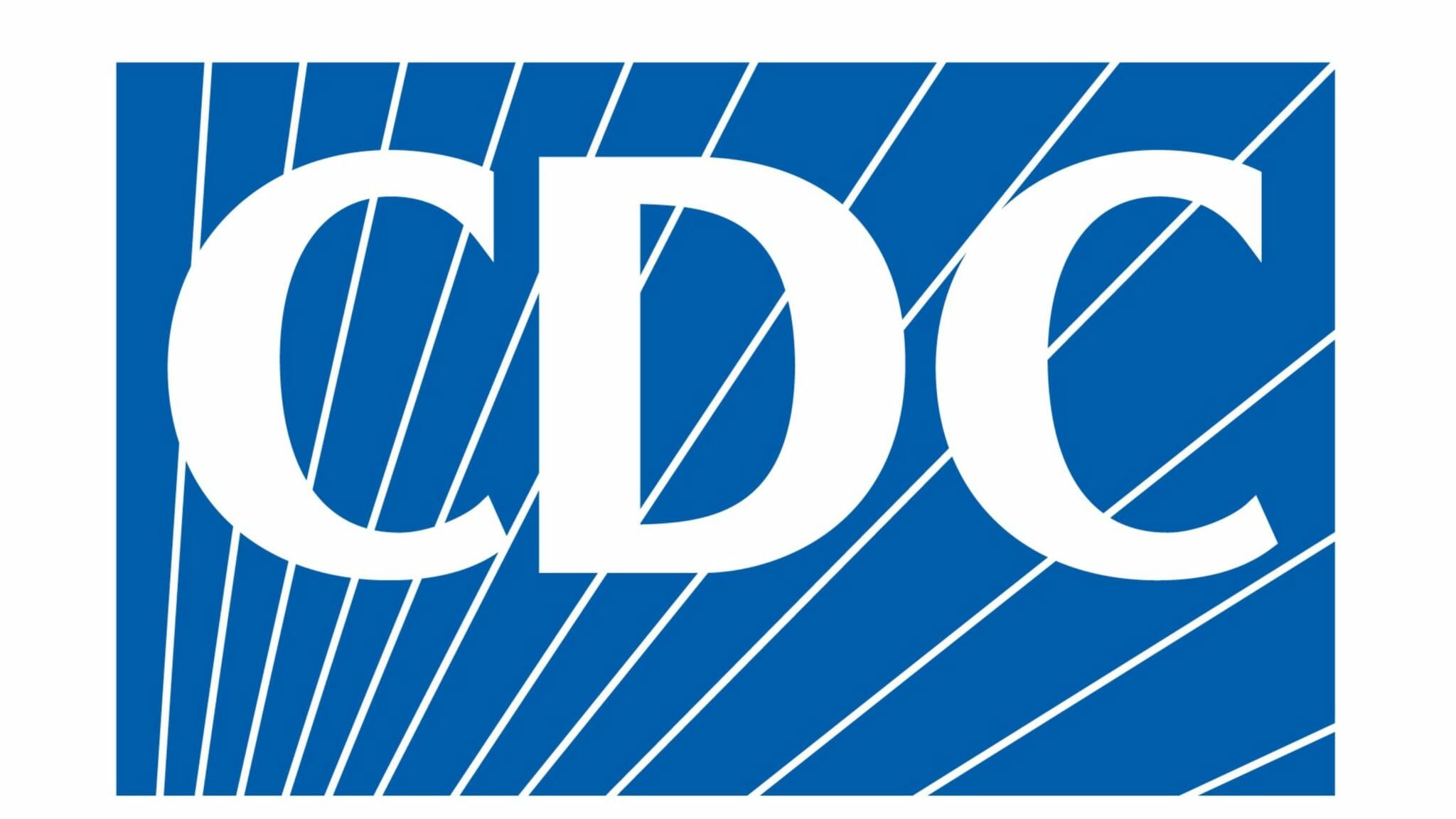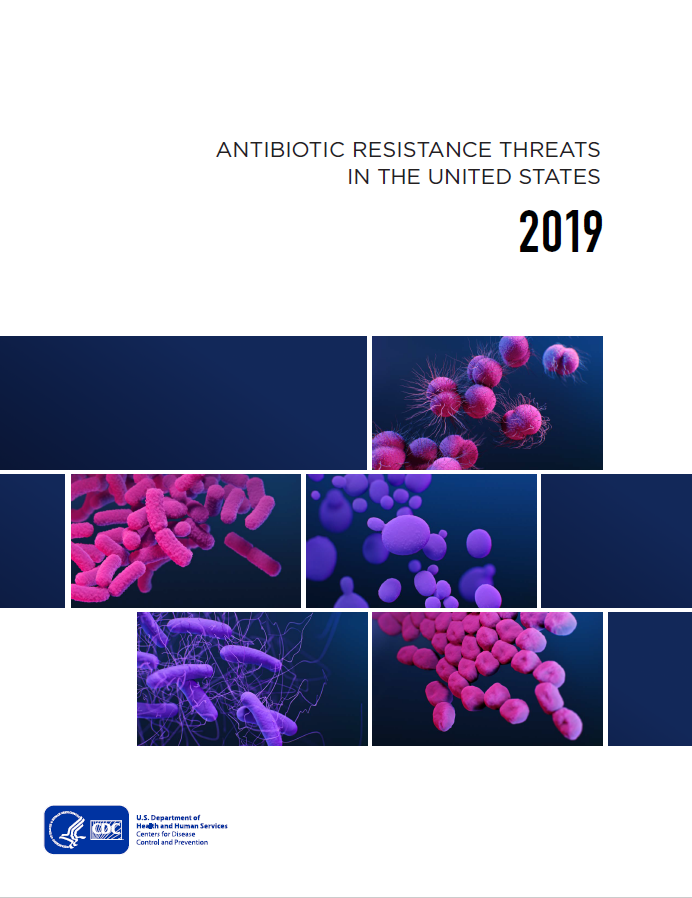
CDC Issues Antimicrobial Resistance Threat Report
 While recent federal investments to combat antibiotic resistance have had important impacts, antibiotic resistance remains a significant threat to patient safety and public health, according to a new report issued by the Centers for Disease Control and Prevention.
While recent federal investments to combat antibiotic resistance have had important impacts, antibiotic resistance remains a significant threat to patient safety and public health, according to a new report issued by the Centers for Disease Control and Prevention.
The CDC report estimates 2.87 million antibiotic resistant infections annually, an increase of 270,000 from 2013 estimates that CDC revised in conjunction with this report. The report also estimates 35,900 deaths, a decrease of 8,000 from the revised 2013 figures. CDC attributes the changes from 2013 to 2019 to a decrease in health care associated resistant infections, which are typically more deadly than community acquired infections, and an increase in community acquired resistant infections. When CDC added C. difficile infections to its calculations, the report totaled about 3 million resistant infections and just under 50,000 deaths. Of note, the 2019 report lists five pathogens as urgent threats, whereas the 2013 report listed only three. CDC expresses particular concern about the increase of infections associated with extended-spectrum beta-lactamase (ESBL)-producing Enterobacteriaceae. ESBL enzymes can transform infections once easily treated in the outpatient setting into far more complicated infections requiring hospitalization.
IDSA leaders believe the CDC estimates are too conservative and that the numbers of infections caused by resistant pathogens and resulting deaths are likely much higher. Further, IDSA urges the federal government to invest in more comprehensive and more rapid surveillance and data collection to allow for accurate measures of antibiotic resistant infections and resulting deaths in real time. Such data will give us a far better understanding of resistance and inform more effective responses.
IDSA agrees with CDC that recent investments have strengthened our federal response to antibiotic resistance, and IDSA continues to call for increased resources and new policies. Antibiotic resistance is a complex problem requiring a multipronged, One Health solution. IDSA also agrees with CDC that more must be done to prevent infections and to limit the development of resistance. We are calling for policies to strengthen immunization and increased funding for CDC to support infection prevention methods and will continue to work toward the implementation of antibiotic stewardship in all health care settings.
IDSA also advocates for increased funding to support research to further our understanding of resistance and to evaluate our approaches. While IDSA agrees with CDC that we cannot rely solely upon new antibiotics, we assert that new antibiotics are necessary as we cannot prevent every infection or completely halt the development of resistance. Given the fragility of the antibiotic pipeline, IDSA is advocating for incentives to spur antibiotic research and development. Lastly, IDSA advocates for investment in the expert workforce needed to combat antibiotic resistance.
IDSA and the Pew Charitable Trusts are co-hosting a congressional briefing on November 15 to present the CDC report and our policy goals to congressional staff. IDSA AMR Committee Chair Dr. Vance Fowler, FIDSA, will headline the briefing with CDC’s Director of the National Center for Emerging and Zoonotic Infectious Diseases Dr. Rima Khabbaz, FIDSA. IDSA has participated in numerous recent events to increase policymaker focus on AMR. IDSA President Dr. Tom File, FIDSA, addressed the World AMR Congress about hospital antibiotic use, reimbursement and stewardship, and AMR Committee Vice Chair Dr. Emily Spivak, FIDSA, spoke at a congressional briefing on penicillin allergies, stewardship and AMR.

